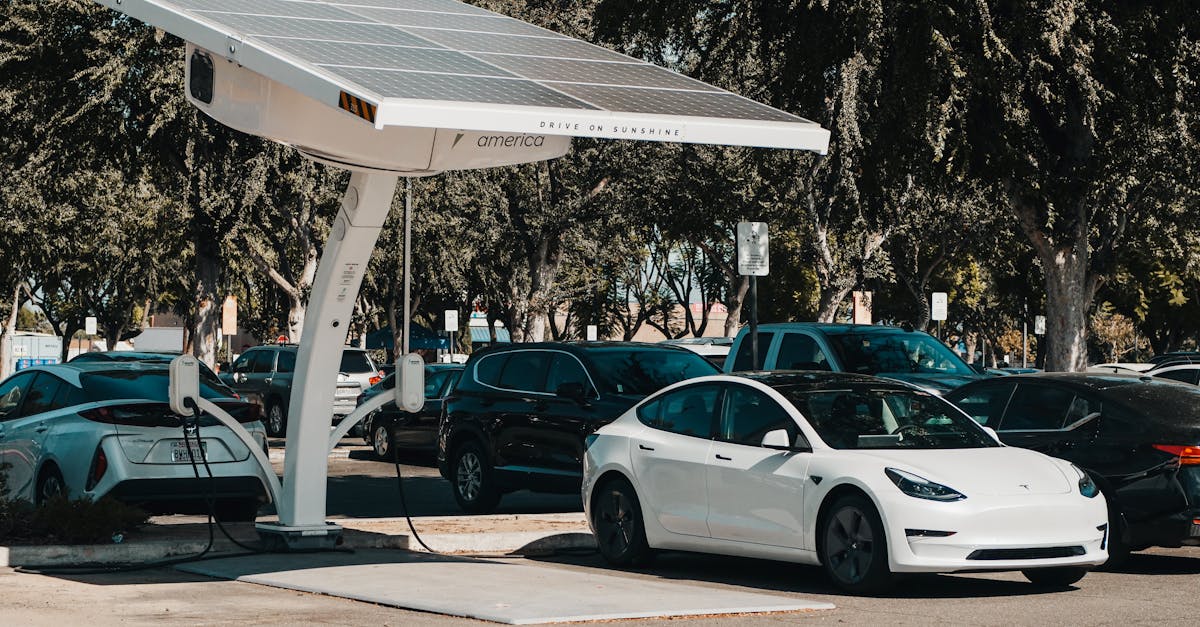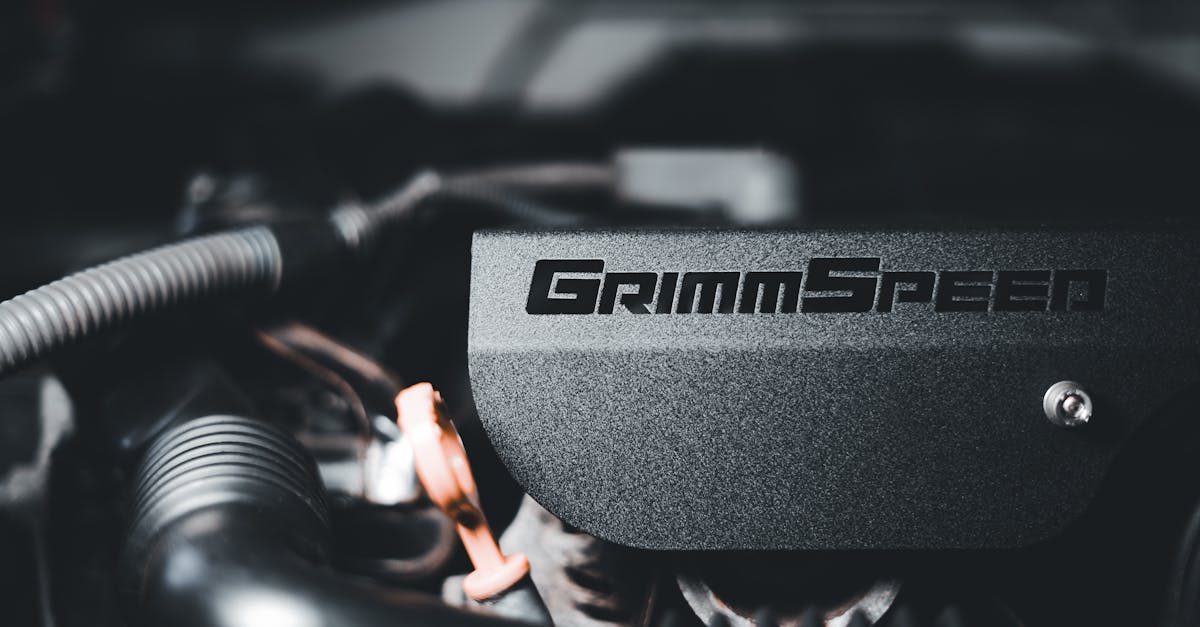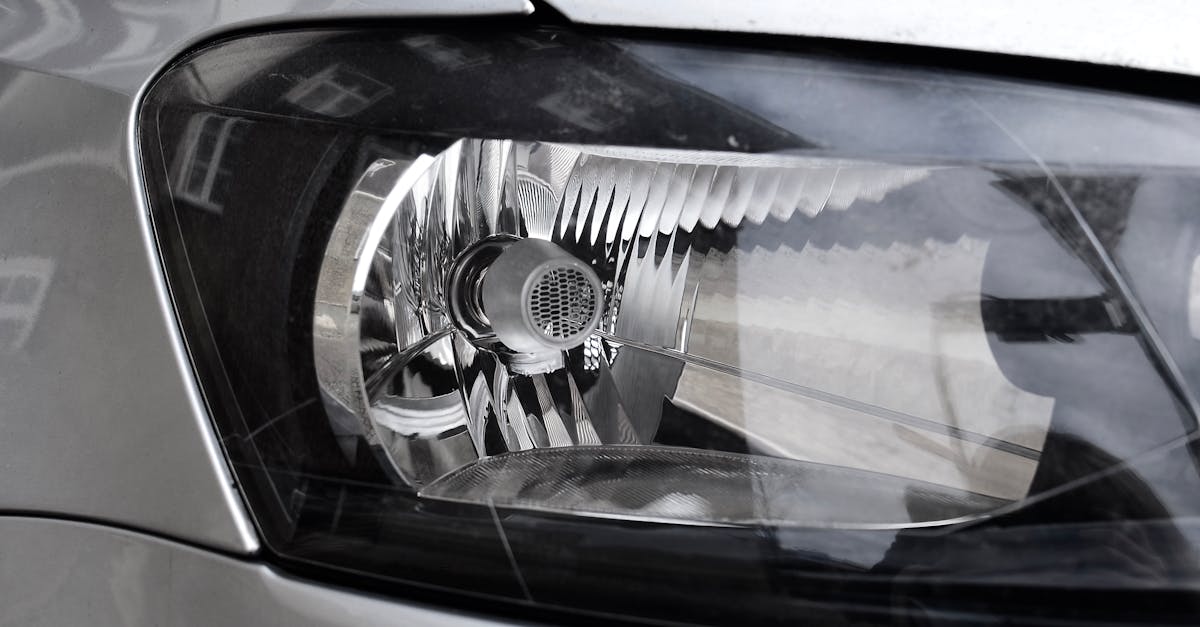10 Ways to Boost Your Car's Fuel Efficiency
Introduction
Maximizing your car's fuel efficiency not only saves money but also reduces your carbon footprint. With fluctuating fuel prices and growing environmental concerns, getting the most out of every gallon has never been more essential. In this article, we'll explore practical tips to improve your car's fuel efficiency.
Advertisement
Maintain Proper Tire Pressure
One of the simplest ways to boost fuel efficiency is by ensuring your tires are properly inflated. Under-inflated tires create more friction with the road, causing the engine to work harder and burn more fuel. Check your tire pressure monthly and adhere to the manufacturer's recommended pressure for optimal performance.
Advertisement
Lighten the Load
Carrying unnecessary weight in your vehicle can significantly impact fuel economy. Remove roof racks, unused car seats, or heavy items from the trunk to reduce the overall weight. By lightening the load, your car requires less energy to move, thereby increasing fuel efficiency.
Advertisement
Practice Smooth Driving
Aggressive driving habits, such as rapid acceleration and harsh braking, can drastically reduce fuel efficiency. By driving smoothly and anticipating traffic conditions, you can maintain consistent speeds and conserve fuel. Use cruise control on highways to keep a steady pace and enhance fuel-saving efforts.
Advertisement
Regular Maintenance is Key
Having your vehicle regularly serviced can have a noticeable impact on fuel consumption. Simple tasks like changing the oil, replacing air filters, and ensuring spark plugs are in good condition help the engine run efficiently. A well-maintained car not only lasts longer but also works more efficiently.
Advertisement
Avoid Excessive Idling
Idling consumes more fuel than restarting the engine does. If you expect to stop for more than 60 seconds, it's better to turn off the engine. Modern vehicles are equipped to handle frequent restarts, so conserving fuel by minimizing idle time is a smart move for both your wallet and the environment.
Advertisement
Reduce Air Conditioning Usage
Using the air conditioning system can increase fuel consumption, especially at lower speeds. On hot days, try to park in the shade or use a sunshade to keep your car cool. If you must use the A/C, set it to a lower setting and increase fan speed, allowing the system to work more efficiently.
Advertisement
Choose the Right Fuel
Using the recommended grade of fuel for your vehicle ensures the engine runs optimally. Higher octane fuel is not always better and can be an unnecessary expense if your car doesn't require it. Check your owner's manual for the right fuel type and enjoy improved performance and efficiency.
Advertisement
Use Fuel-Saving Technology
Many modern vehicles come equipped with eco-friendly technologies that assist in cutting down fuel consumption. Features like start-stop systems and fuel-efficient driving modes can help you save fuel automatically. Familiarize yourself with these technologies to make the most out of them.
Advertisement
Conclusion
Improving your car's fuel efficiency is an achievable goal with tangible benefits. By practicing mindful driving, maintaining your vehicle, and understanding the simple factors that affect fuel consumption, you can enjoy cost savings and contribute positively to the environment. Start implementing these tips today for a more efficient journey.
Advertisement


